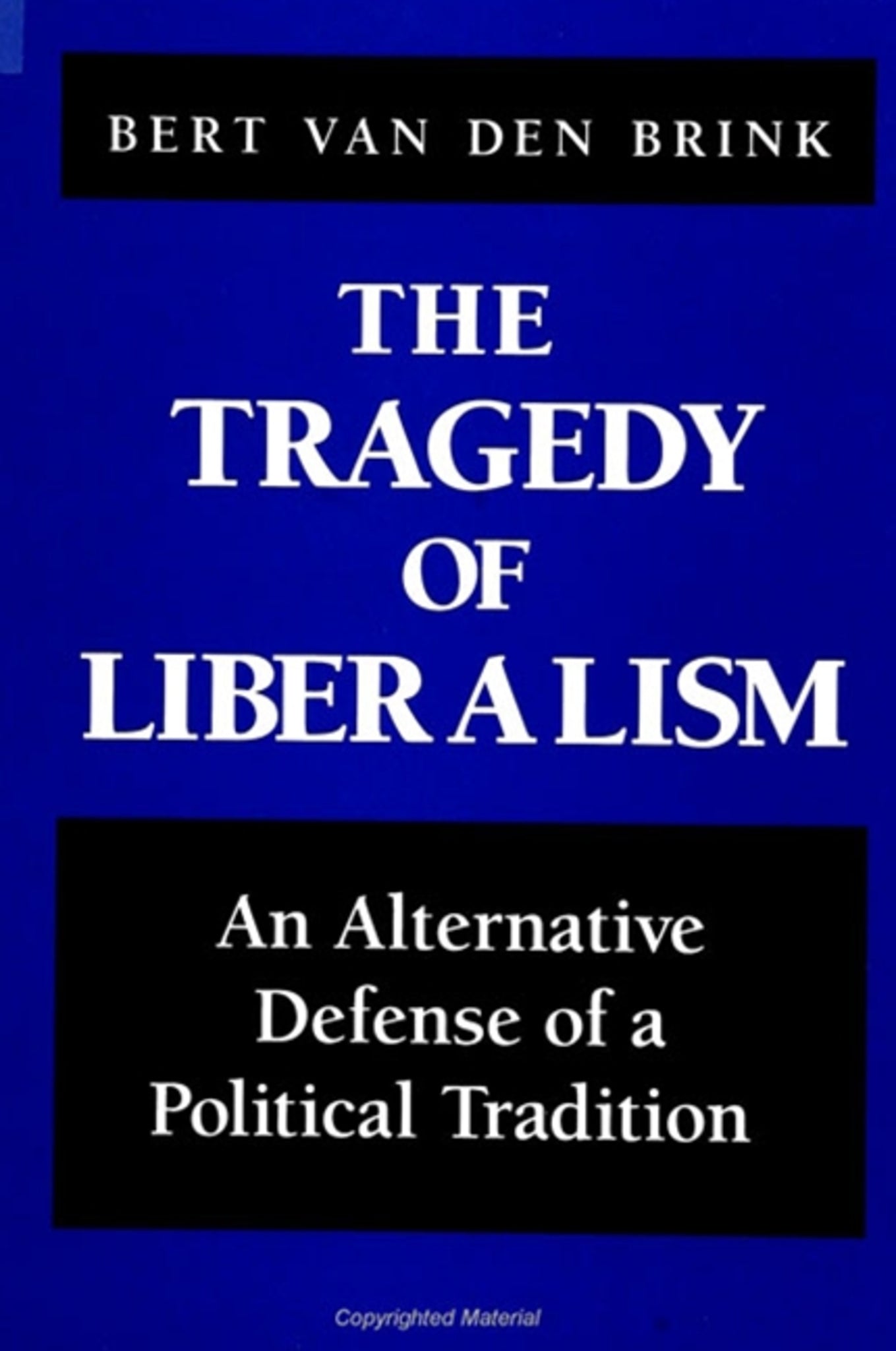We're sorry. An error has occurred
Please cancel or retry.
The Tragedy of Liberalism

Some error occured while loading the Quick View. Please close the Quick View and try reloading the page.
Couldn't load pickup availability
- Format:
-
24 August 2000

A defense of liberalism, understood as a perfectionist doctrine that presupposes an ideal but controversial notion of human well-being.
Drawing on recent developments in liberal theory, Bert van den Brink develops an alternative defense of liberalism. He argues that liberal theorists should admit that their doctrine is not neutral with regard to conceptions of the good life-that it in fact fosters ideals of personal autonomy and a pluralist environment. These ideals generate irreconcilable, tragic conflicts between liberal and nonliberal ideals, and it is only by taking these conflicts seriously that liberals can learn of the unwanted consequences of liberal doctrine, effectively rebut critics, and react adequately to the complex pluralism of contemporary societies.


"…an excellent review of contemporary liberal philosophy." — CHOICE
"Offering a fresh and original perspective on recent debates over the foundations of normative political theory, van den Brink's analyses of Rawls, Raz, Habermas, Taylor, Honneth and Kymlicka (among others) are subtle, sophisticated, and state-of-the-art. His sensitivity to the vulnerabilities of having 'illiberal' commitments in liberal society is nicely balanced with a firm commitment to liberalism's core value of personal autonomy." — Joel Anderson, Washington University in St. Louis
Preface
Part 1: Liberalism, Pluralism, and Tragedy
Introduction
Chapter 1. Liberalism and Moral Pluralism
Liberalism
Pluralism and How (Not) to Defend Liberalism
Chapter 2. The Tragedy of Liberalism
Two Views of Tragic Liberalism
A Working Hypothesis
Part 2: Political Liberalism Versus Liberal Perfectionism
Introduction
Chapter 3. Political Liberalism: Justification Through Public Reason
John Rawls: Political Liberalism
The Two-Stage Path to an Overlapping Consensus: A Critique
Chapter 4. Liberal Perfectionism: Autonomy and Pluralism
Joseph Raz: Liberal Perfectionism
The Limits of Perfectionism
Rephrasing Some Key Concepts of Liberal Thought
Conclusions to Part 2
Part 3: Deliberative Democracy as a Way Out?
Introduction
Chapter 5. Discourse Theory and Moral Character
Preliminary Remarks on Deliberative Democracy
Jürgen Habermas: Theoretical Foundations of Public Deliberation
Discourse Ethics and the Limits of Formalism and Proceduralism
Discourse Ethics, Moral Character, and Pluralism
Chapter 6. Law, Democracy, and Deliberation
Law and Deliberative Democracy
The Limits of Deliberative Democracy
Another Revision of Key Concepts of Liberal Thought
Conclusions to Part 3
Part 4: Liberal Community, Mutual Recognition, and Citizenship Virtue
Introduction
Chapter 7. Liberal Community and the Normative Potential of Tragic Conflicts
Christoph Menke's Typology of Tragic Conflicts
Toward an Understanding of Liberal Community
Chapter 8. Struggles for Recognition and Tragic Conflicts
Axel Honneth's Theory of Recognition
Struggles for Recognition and the Tragedy of Liberalism
Chapter 9. Vulnerability and Responsibilities of Liberal Citizenship
Vulnerability and Responsibility
Virtues of Liberal Citizenship
Conclusions to Part 4
Part 5: Liberalism and Multiculturalism
Introduction
Chapter 10. Multiculturalism and Cultural Authenticity
How (Not) to Talk About Multiculturalism
A Liberal-Communitarian Perspective: Charles Taylor
Chapter 11. Two Liberal Views of Multiculturalism
Jeremy Waldron's Cosmopolitan Alternative
Will Kymlicka's "Group-Differentiated Rights" Approach
Conclusions to Part 5
Notes
References
Index



